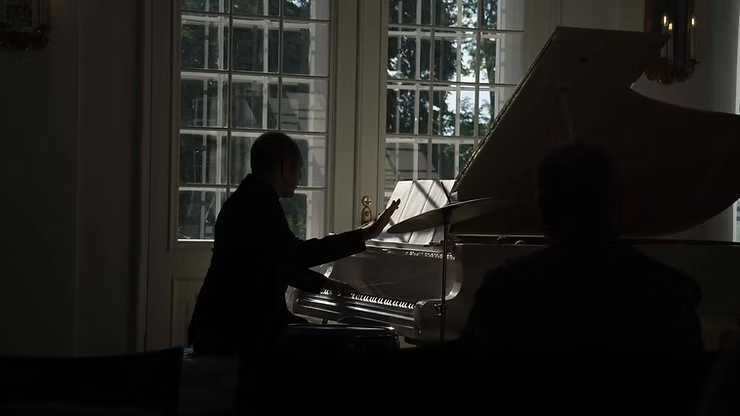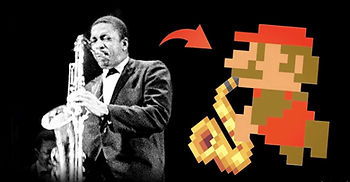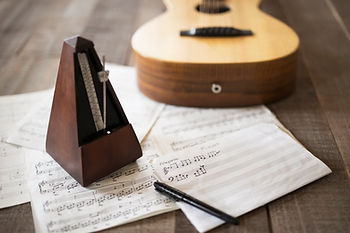
Despite having never done it myself, I keep finding myself scouring the internet about whether or not music therapy is the best kind of therapy there is. I’ve made lots of music and written several songs in the past, so the idea of working with someone to do a more musical form of therapy is very appealing indeed.
As I’ve read about different types of music therapy on various platforms, I’ve also encountered various articles and personality types that seem to see it as the truest and most complete form of personal care. It’s the type of help that actually resides in the music one is already approached by with an instructor or therapist that reads into that fact with a much more therapeutic bent than most others would witness. Music therapy is less about talking and more about what sort of notes we hit
Psychology Today describes music therapy as, “a form of treatment that uses music within the therapeutic relationship to help accomplish the patient’s individualized goals. This evidence-based approach involves techniques such as listening to, reflecting on, and creating music under the guidance of a trained music therapist.”
So more than simply playing music or using helpful types of sound as one does with a style more related to Tibetan “sound therapy”, music therapy asks that those participating in it peer into their souls and see what shifts inside themselves. More than a changing attitude, music therapy is listed with improving symptoms of depression, insomnia, pain management, and dealing with cancer.
As a level three brain cancer patient myself, I have often looked for new and seemingly far-out treatments to help heal what’s happening to me. What I found so far with music therapy was very much the opposite. VeryWellMind.com says the following about music therapy and dealing with cancer:
“Coping with a cancer diagnosis and going through cancer treatment is as much an emotional experience as a physical one. People with cancer often need different sources of support to take care of their emotional and spiritual well-being.
Music therapy has been shown to help reduce anxiety in people with cancer who are starting radiation treatments. It may also help them cope with the side effects of chemotherapy, such as nausea.
Music therapy may also offer emotional benefits for people experiencing depression after receiving their cancer diagnosis, while they’re undergoing treatment, or even after remission”
The ways in which music therapy delivers those different sources are very unique to move through. Unfortunately, music therapy was the one I did the smallest amount of research on early in my own cancer process. It may not have been used to cure the nausea of my radiation therapy, but now I can take a stronger look at what it can do for me moving forward. Hopefully, I can get more growth from music therapy as I move forward and include everything I’ve learned from the College of Contemporary Music as well which says that music therapy can help with:
Active listening: The therapist plays a song or piece of music to a patient and encourages the patient to talk about their feelings or the song’s meaning.
Performance: The therapist may play an instrument or sing a song and encourage the patient to sing along or clap their hands in time with the music.
Writing songs and lyrics: The therapist may work with the patient to write music or lyrics about a meaningful time in the patient’s life.
Dancing and movement: The therapist may play an instrument or a piece of music and encourage the patient to move their body in time with the music.
Relaxation: The therapist may play an instrument or a recorded song and guide the patient to a more relaxed state.
These states are so similar to what I want to be involved in as a musician that hitting them in a different state than the one I am used to could be very useful to me even without the therapeutic aspect. Were I to apply myself what sort of musical education would be out there waiting out there for me? What sort of performance and relaxation can I find if I’m able to access a strong and powerful musical therapy program moving forward? I look forward to finding out what I can learn about music therapy this year.
#music #musictherapy #therapy #instrumentalmusic #relaxation #relaxingmusic #calmingmusic #calming







